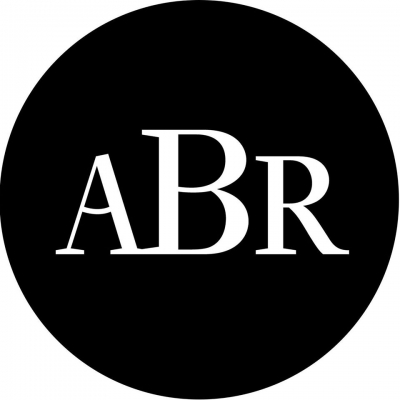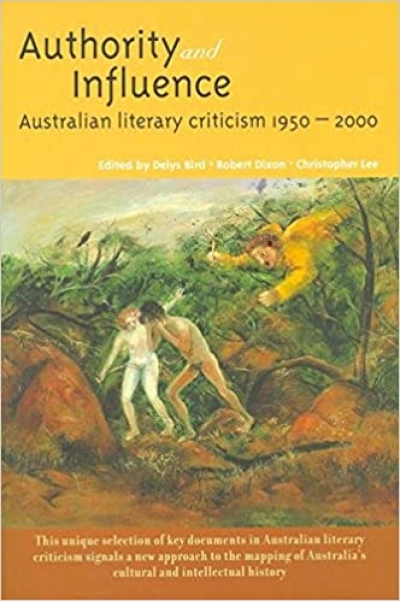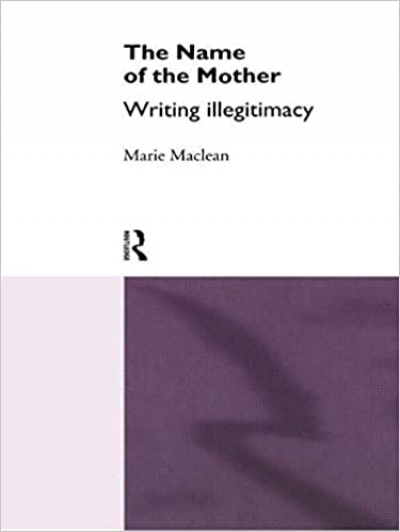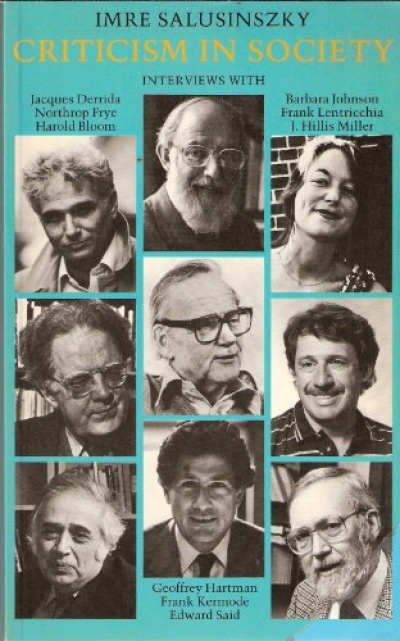Criticism
The Wheeler Centre recently hosted ‘four provocative nights’ based on the assertion that Australian criticism of film, theatre, books and the visual arts is, in its own words, ‘failing us all’. The series was entitled ‘Critical Failure’. For ABR readers unable to attend, here is one person’s account of the books-related panel.
... (read more)For there is always going on within us a process of formulation and interpretation whose subject matter is our own selves.
These words appear towards the end of Erich Auerbach’s study of representation in Western literature, Mimesis. First published in 1946, the book has become a classic of twentieth-century literary criticism, but is almost as famous for the circumstances under which it was composed as for its content. It was written between 1942 and 1945 in Istanbul, where Auerbach, a German Jew, was living in exile.
... (read more)Authority and Influence: Australian literary criticism, 1950–2000 edited by Delys Bird, Robert Dixon and Christopher Lee
On the last day of the Melbourne Writers’ Festival, I attended a session titled ‘Hope and Wright Remembered’, a presentation intended as a memorial for those two well-known figures of Australian poetry, A.D. Hope and Judith Wright. For a panel on poetry, it was exceptionally well attended, the Merlyn Theatre being nearly full. I had the impression that the session would be one of two things: either a commemoration ceremony for the recently departed, in which those left behind would eulogise the Great Man and the Great Woman, or it would be a chance for criticism in both its affirmative and condemnatory modes, a chance to make claims either for or against the poets’ work.
... (read more)The last thing a highbrow hack needs is to find himself in a sustained bout of controversy with a blockbusting writer from the other side of the tracks. A few weeks ago at the Melbourne Writers Festival, I found myself a participant in a discussion about reviewing (and whether the critic was a friend or a foe) which rapidly turned into a sustained accusation on the part of the bestselling novelist Bryce Courtenay that I and the chairman of the panel, Professor Peter Pierce of James Cook University, were literary snobs with no conception of any popular genres in general and no apprehension of the critical injustices (and personal pain) which Courtenay in particular was subjected to by us and all our ilk.
... (read more)I grew up with The Sydney Morning Herald. In spite of enforced years in Melbourne and Canberra and sojourns overseas I still regard it as my paper. So my business being writing and Sydney my town, it’s a matter of identity that The Herald’s reviews are the primary ones for me. But my tribal instincts are faltering. The problem is The Herald’s book coverage. My quarrel isn’t with the choice of books nor the quality of the reviews. It’s the prior matter of quantity. Over the three Saturdays of the 11, 18, 25 April The Herald ran a total of ten full-scale book reviews. The Australian over the same period ran seventeen, and they were generally longer.
... (read more)The Name of the Mother: Writing illegitimacy by Marie Maclean
There must be something horribly deformed about a society in which the lowest paid work is often the most demanding and the least dispensable. Why, for instance, is the wellbeing of our elderly not worthwhile enough for people to be paid to deliver Meals on Wheels? Who doesn’t believe that the nurture of children is an enormously responsible job? Does a rubbish tip attendant get better paid than a clerk? Course not.
... (read more)In Australia, few publications regularly review children’s books for the information of the general reader/buyer. ASA chairman, Ken Methold, suggests that Australian writers need to advertise their varied skills and publicise their works. I agree.
... (read more)



